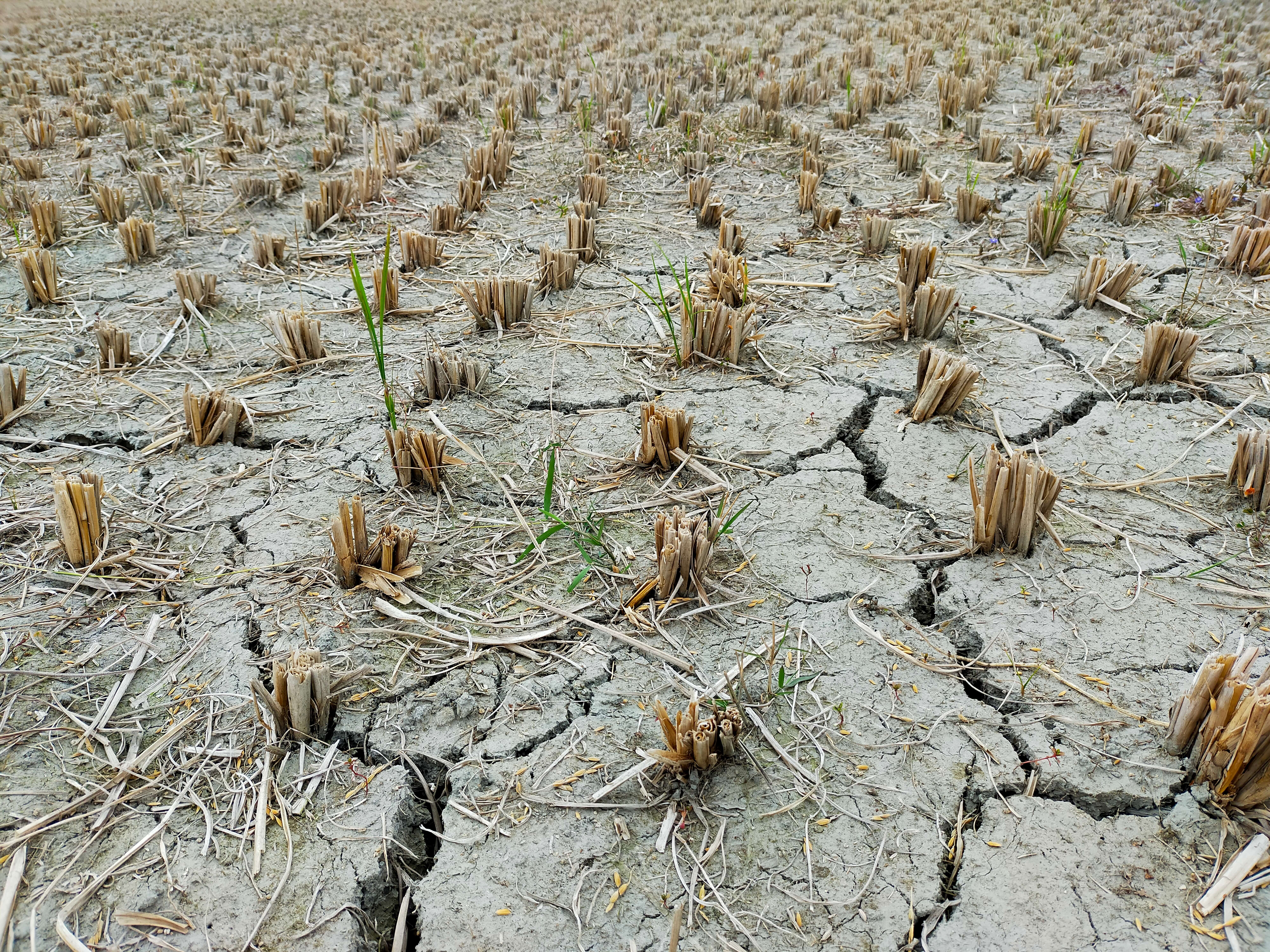A groundbreaking study led by Zhang et al., published in 2023, presents a detailed examination of food security in China, a target central to the United Nations Sustainable Development Goals (SDGs) and a significant challenge for it. The study focuses on the impact of increasingly intensive droughts on crop yield and the role of irrigation in mitigating this impact under different climate scenarios.
Hydrometeorological extremes and their potential effects on crop yield have garnered significant attention in recent years. The largest water consumption sector, irrigation, is crucial to agricultural production. However, knowledge gaps persist concerning the effectiveness of irrigation under varied climate scenarios.
Utilizing the modified Palmer Drought Severity Index, the study examines drought-induced wheat yield losses in irrigated and non-irrigated agriculture across China. Three methods were employed: the Multiple Linear Regression method, a Deep Learning algorithm, and the Erosion-Productivity Impact Calculator model.
The findings are clear and concerning. For example, under the RCP8.5 scenario, a high-emission future climate scenario, drought-induced wheat yield loss is predicted to reach between 32% and 49%. More worryingly, the research indicates that, under this scenario, irrigation's effectiveness in promoting food security is minimal.
In contrast, under the RCP2.6 and RCP6.0 scenarios, the research found that sufficiently irrigated agriculture suffered significantly less from drought-induced crop yield losses. This intercomparison underscores the importance of irrigation in maintaining agricultural productivity and enhancing food security.
However, the most potent takeaway from Zhang and his team's study is the crucial role of climate change mitigation in safeguarding food security. As droughts become more frequent and intense, and irrigation's effectiveness potentially diminishes under high-emission scenarios, the need to reduce greenhouse gas emissions becomes ever more urgent.
The study acts as a clarion call for policymakers, stakeholders, and society to work towards more sustainable practices, reduce carbon emissions, and devise adaptive strategies to secure the future of food production in China. The potential repercussions of inaction are stark and could impact the livelihoods of millions.
Photo by Md. Hasanuzzaman Himel on Unsplash


